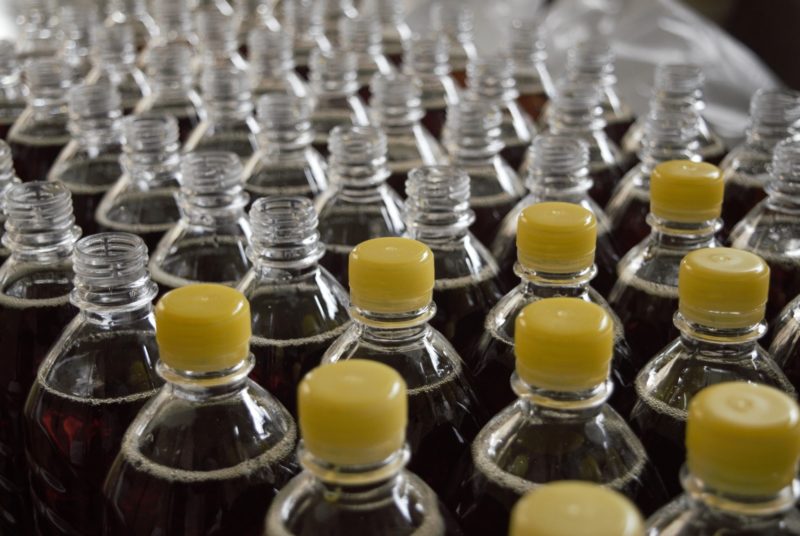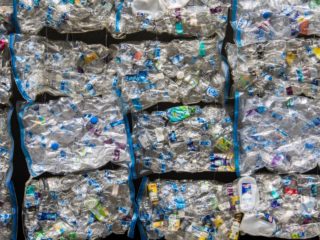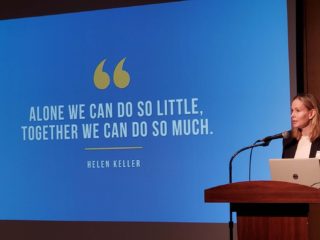Plastic is on my mind, and not in a good way. Despite being confronted on a daily basis with the dire news about plastic pollution, humanity’s plastic addiction continues unabated.
Evermore plastic products churn out at a relentless rate, only to be snapped up by expectant consumers. In a breathtakingly short period of time, plastic has permeated every facet of our lives, most of it disposable and designed to enhance our convenience-focused culture.
Before I get to the (somewhat) good news, some more bad news: Disposable plastic is made from fossil fuels, a non-renewable resource. Every time we use a plastic cup, bottle, bag, or other single-use items for those fleeting few minutes, we’re depleting precious natural resources, simply for convenience. Despite accounting for less than half of all plastics produced, the environmental footprint of unnecessary single-use plastic is immense and permanent. This plastic addiction, worsened now by the pandemic, threatens to drown our oceans, rivers and waterways in plastic, killing marine and wildlife along the way.
Yet, we’ve been conditioned to need this stuff to get through the day. In our collective consciousness, the convenience of single-use plastic has become a necessity.
So what’s the good news? There is a growing awareness of the monumental crisis we face, along with a recognition of the insanity of wasting non-renewable resources to make our lives that bit more convenient. Many of us have reached rock bottom with our plastic addiction and want the madness to end. Whether it’s reached a critical mass to ensure the kinds of seismic changes remains to be seen.
Table of Contents
Understand the Cause of Your Plastic Addiction
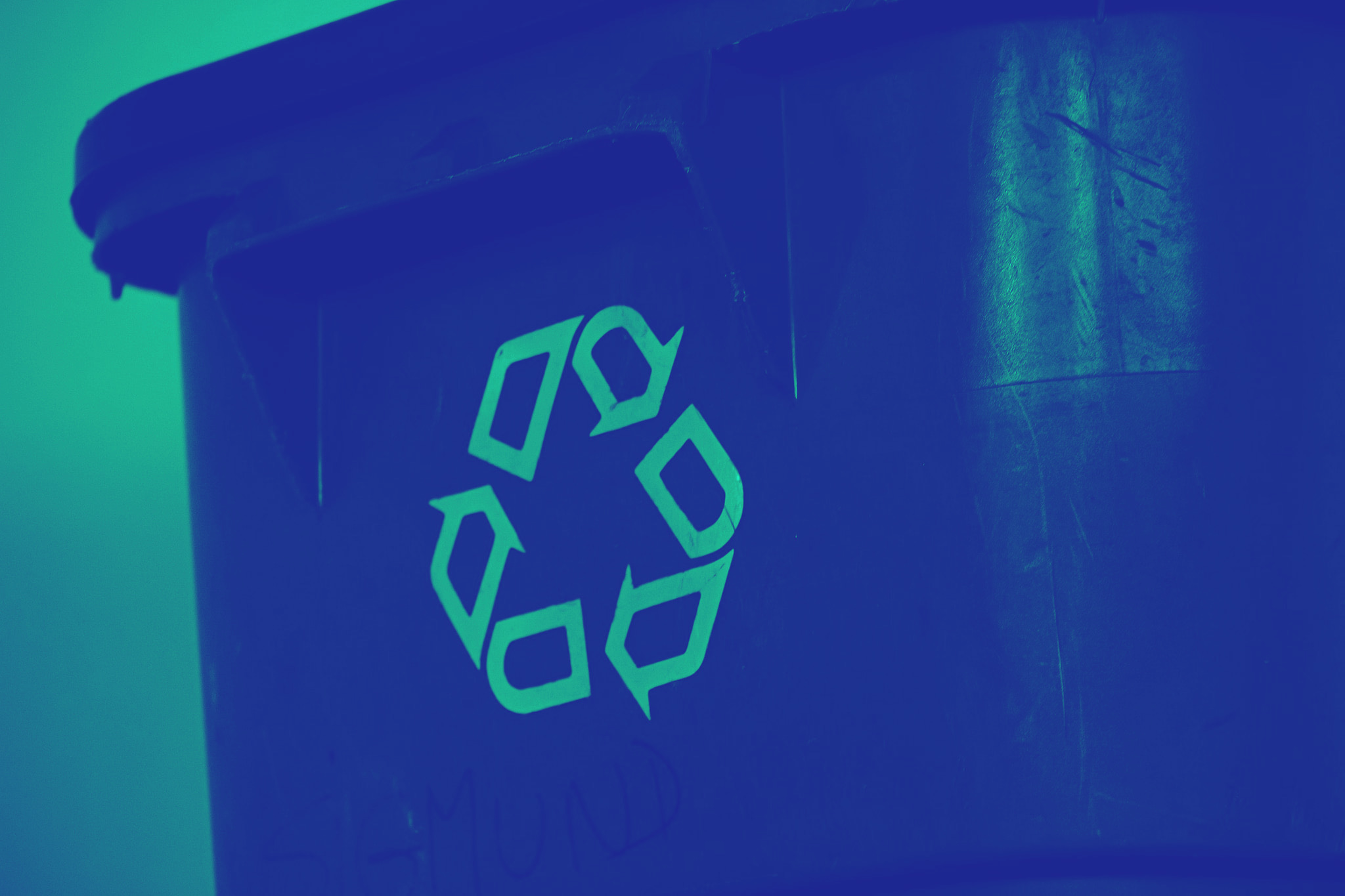
If you’ve ever stopped to consider how we got here, it can difficult to pinpoint the cause. Just a few decades ago, plastic shopping bags didn’t exist and I’m sure none of us felt a burning need to have individual household items entombed in plastic. After all, it’s not as if any of us had a plan to fill our lives with disposable items that destroy the environment. In fact, most people would prefer sustainable solutions to consumer products and packaging.
So who pushed plastic on us?
That’s a good question. None of this occurred in a vacuum, but was part of a sophisticated, well-funded campaign to manufacture consumer dependence on single-use plastic.
Plastic’s pusher is extremely effective. As we beat ourselves up for suffocating the planet in plastic, it’s the plastics-focused industries (fossil fuel, plastics, packaging, beverage) that are by far the worst plastic pollution culprits.
In order to justify its continued production, the strategy by the plastic industry has been to manufacture a consumer culture utterly dependent on single-use plastic products while shifting blame onto individuals for plastic pollution. We’ve been conditioned to believe that the problem is not on the production end, but improper disposal by consumers. No need to curtail production (is the claim)! All it takes, as the producers frame it, is proper disposal and recycling on the part of consumers. Clever, right?
If the fault is mainly with the producers, why do we need to do anything? Unfortunately, the crisis is so deep and pervasive that it’s now all hands on deck to make a dent. At a minimum, we can do our part by drastically reducing our dependence on single-use plastic. On a larger scale, by opening our eyes to how we’ve been duped, we can be part of a collective effort to compel systemic and societal changes.
How Bad is Your Plastic Addiction?
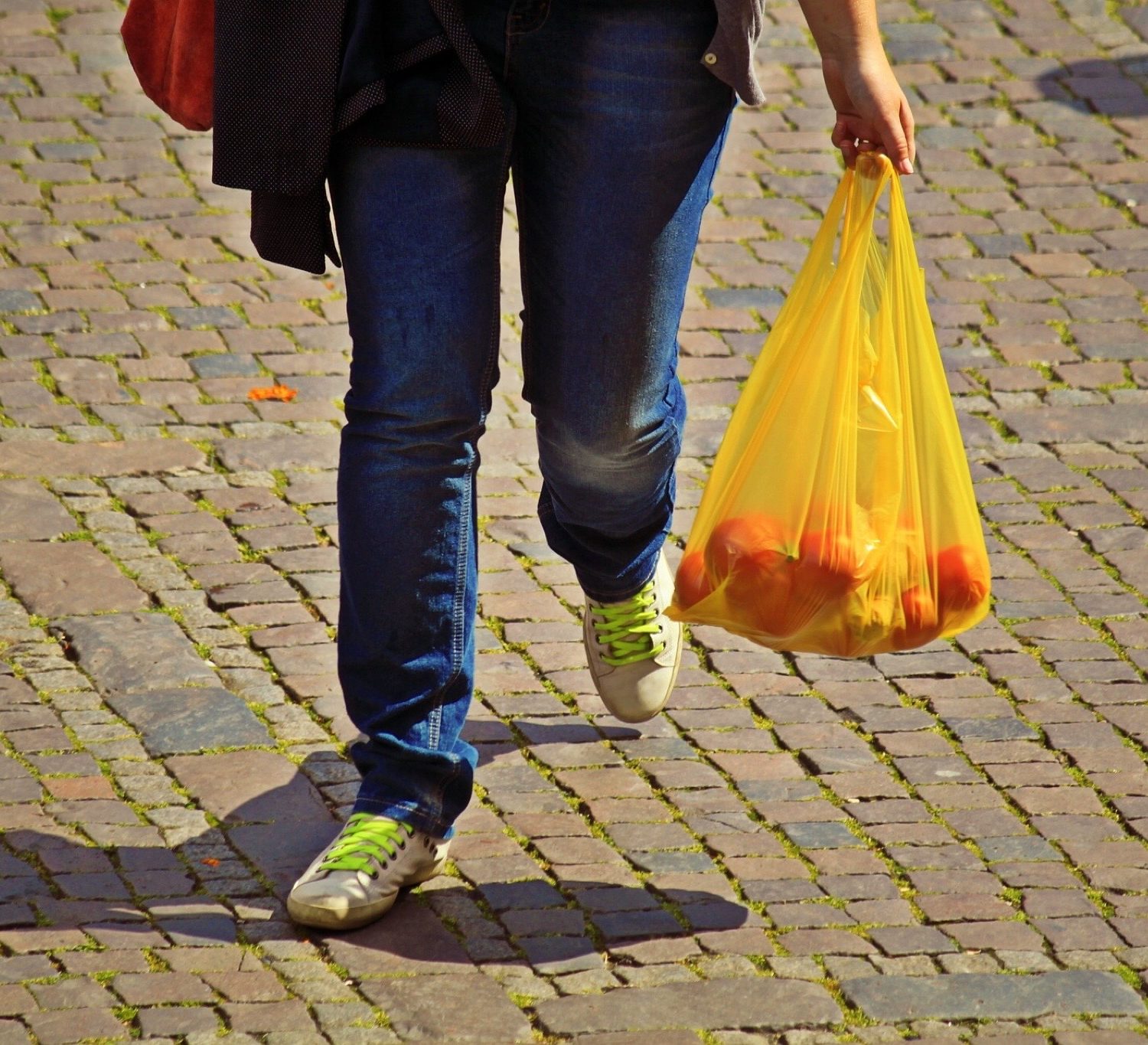
Assess the Level of Your Plastic Addiction
The first step is to determine the level of your plastic addiction. Take a look around your home to identify single-use items. Just engaging in the exercise of hunting for unnecessary disposable plastic items will help open your eyes to the level of your dependence.
The most obvious place to start is in the kitchen, but also check the laundry room, bathrooms, and garage. Earth Day Network has a handy plastic pollution calculator to help you determine your consumption levels.
Think About Your Lifestyle
Here are just a few of the many questions you could ask yourself.
- When you leave home, do you remember to bring a reusable bag and bottle?
- When food shopping, do you bring reusable containers and produce bags?
- At the office, do you bring your own meals in reusable containers? Does your child pack a school lunch in reusable containers? If so, how frequently?
- Do you buy bulk food and household items?
- When offered by food establishments, do you say no thanks to plastic utensils, straws and condiment sachets?
- Do you take part in any community clean-ups or have you donated to or joined any environmental organizations dedicated to reducing plastic waste?
- Do you take a few minutes to learn about the brands you frequently buy products from to assess their plastic footprint?
- Do you take a few minutes to learn about your local, state and national candidates to understand their position on fighting plastic pollution and holding plastics producers accountable for the mess they’ve created?
Start Small But Make the Changes Last
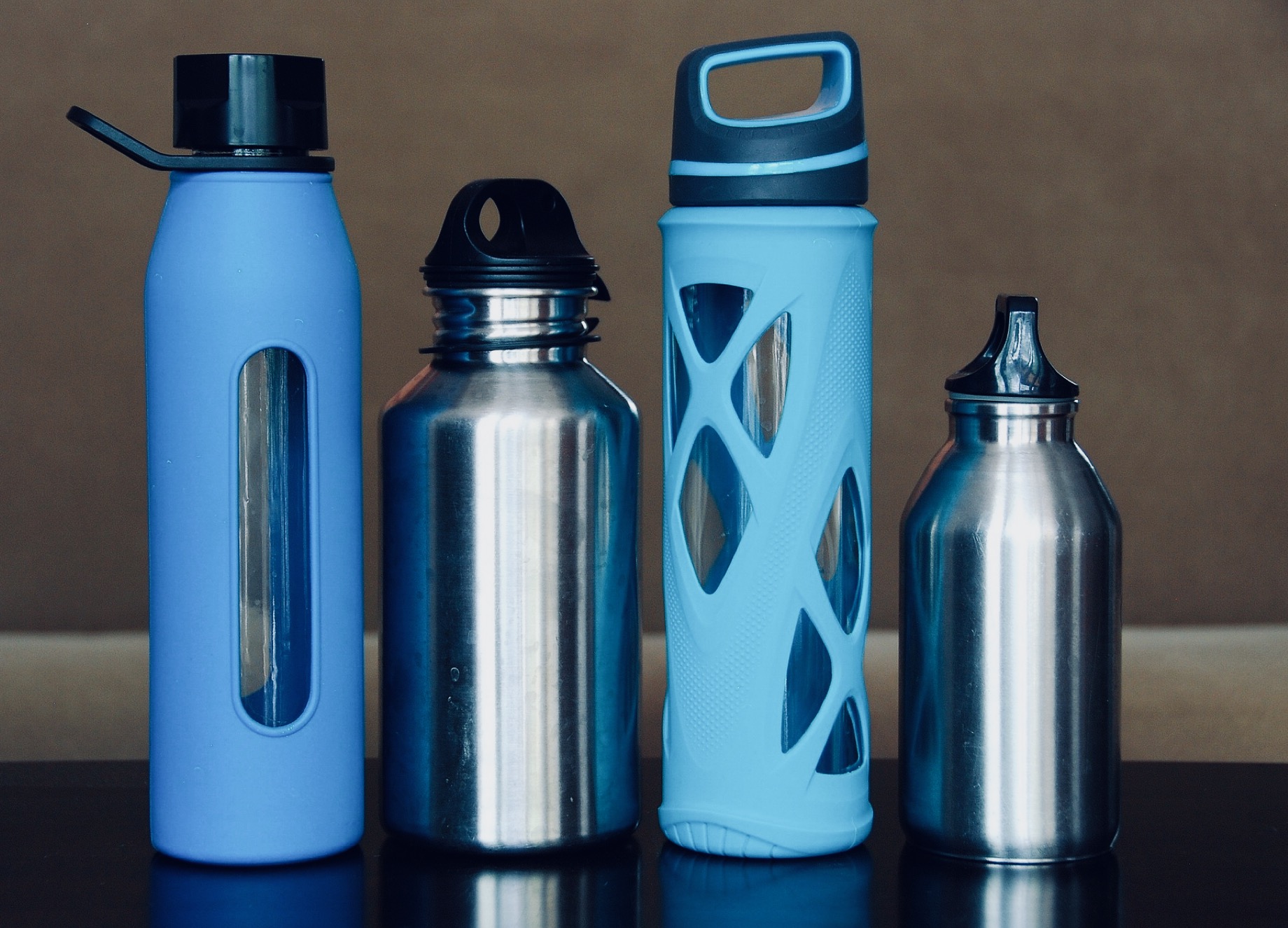
As you ease your way out of your plastic addiction, commit to making the changes last. Don’t beat yourself up for any relapses! It happens to all of us. The key is learning that the better alternatives are reusable and durable items, and to incorporate that mindset into your new lifestyle.
Here are some simple changes to get you started. Instead of using disposable, single-use plastic items, opt for reusable alternatives of:
- Shopping bags, including large shopping bags and smaller, produce bags.
- Drinking straws.
- Beverage bottles and cups, including hot beverage cups. For filtered water at home, invest in a filtered water pitcher, like Brita’s, or make your own sparkling water with a Sodastream.
- Utensils.
- Food containers for takeout, school lunch, or office meals.
- Food wrap. There are many reusable alternatives, including beeswax, reusable stretch lids, or simply a plate to cover leftovers.
- Household items and personal products. Avoid buying single-use cleaning or personal products and for cleanup, opt for reusable cloth wipes instead of disposable.
- Party supplies. For suggestions on how to minimize the waste in your next event, see Green That Life’s posts on eco-friendly party supplies and decorations.
Take it To the Next Level
Now that you’ve taken those small steps, beat your plastic addiction by trying some – or all – of these more substantive changes:
Become a Smart Shopper
Take a few minutes to learn about the brands you frequently buy products from to ensure that they’re not engaged in greenwashing tactics. Check that the companies are committed to sustainable, low-waste business practices. When possible, shop at establishments with a low plastic footprint, such as a local farmer’s market or stores that offer bulk food sections. Even better, make your meals and household items from scratch.
Become Involved
Get involved in your community, either through plastic community clean-ups or by joining, supporting, or donating to environmental organizations dedicated to reducing plastic waste. Civic engagement at the grassroots level can yield positive change, pushing for statewide legislative changes.
Become a Smart Voter
Learn about your local, state and national candidates to understand their position on fighting plastic pollution and holding plastics producers accountable for the mess they’ve created. Advocate for substantive legislation, such as Extended Producer Responsibility laws and policies, that place the burden of plastic pollution cleanup on the producers.
Help Others Break Free From Their Plastic Addiction
By banding together with family, friends and community to break your plastic addiction, you’ll create a support network that grows and flourishes. The manufacturers of all this plastic are a powerful group, but passionate and committed individuals can be even more effective in holding back the plastic tsunami and pushing collectively for substantive, systemic change.

